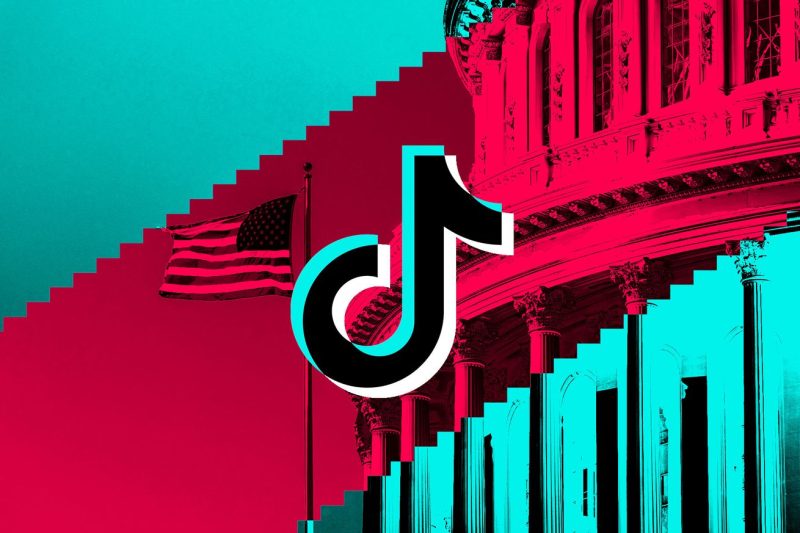In the digital age, social media platforms have become essential channels for communication and self-expression. One of the most popular platforms, TikTok, has made headlines recently as it faces its first legal challenge regarding freedom of speech. The case, brought before a federal court, raises important questions about the application of the First Amendment in the context of online platforms.
At the center of the case is the claim that TikTok’s moderation practices violate users’ First Amendment rights by censoring content based on political viewpoints. This issue is of significant concern in an era where social media plays a crucial role in shaping public discourse and political opinions. The case reflects a broader debate about the responsibilities of tech companies in regulating speech on their platforms.
While TikTok has the right to set guidelines for user-generated content, the question arises whether its moderation practices go beyond acceptable limits by suppressing certain viewpoints. The outcome of this case could have implications for how other social media platforms approach content moderation and curation, potentially setting a precedent for future legal battles in the digital realm.
It is crucial for social media companies to strike a balance between ensuring a safe and inclusive online environment while upholding the principles of free speech. In an age where misinformation and hate speech proliferate online, platforms like TikTok face the challenge of navigating complex issues of censorship and moderation.
As users increasingly turn to social media for news, entertainment, and social interaction, the role of these platforms in shaping public discourse cannot be understated. The outcome of TikTok’s First Amendment case will set a precedent for how tech companies navigate the delicate balance between protecting users and upholding the principles of free speech.
In conclusion, the case brings to light the evolving landscape of digital communication and the challenges that arise in balancing freedom of speech with the need for responsible content moderation. As social media continues to play a central role in society, it is essential for platforms like TikTok to consider the broader implications of their moderation practices on users’ rights and democratic values. The outcome of this case will undoubtedly have far-reaching implications for the future of online expression and the regulation of digital platforms.

